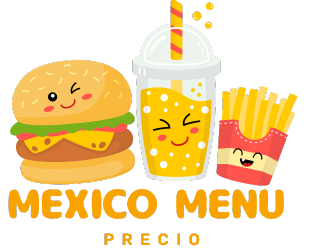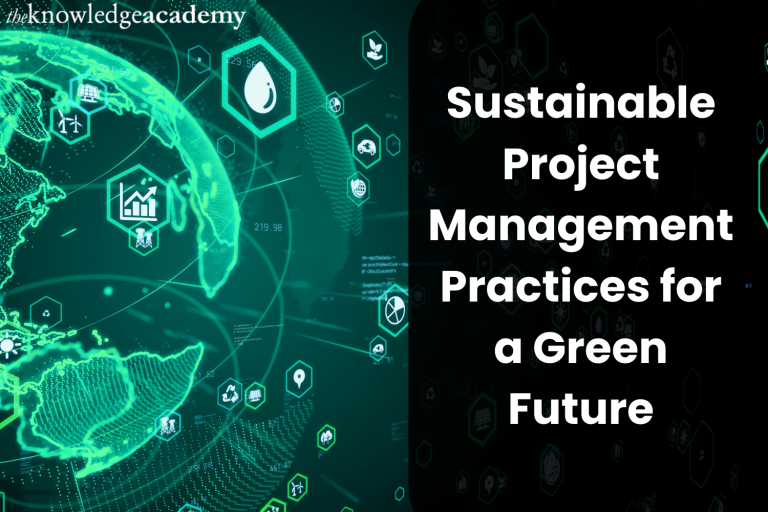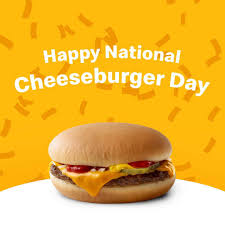What is the Difference between Digital Marketing And Content Marketing?
What is the Difference between Digital Marketing And Content Marketing? While content marketing focuses specifically on creating and distributing valuable content. Both aim to attract and engage customers but use different strategies.
Digital marketing includes diverse channels like social media, email, SEO, and PPC advertising. It aims to reach a broad audience through various online platforms. Content marketing, on the other hand, zeroes in on creating engaging, relevant content to build a loyal audience.
This content can include blog posts, videos, infographics, and social media updates. While digital marketing casts a wide net, content marketing nurtures deeper connections with a targeted group. Understanding these distinctions helps businesses allocate resources effectively and achieve their marketing goals.
Core Concepts
Digital marketing encompasses a broad range of online strategies, including SEO, PPC, and social media. Content marketing focuses on creating valuable, relevant content to attract and engage a target audience.
Digital Marketing Overview
Digital marketing uses the internet to promote products and services. It includes SEO, social media, email marketing, and online advertising. Businesses use digital marketing to reach a wider audience. It helps in increasing brand awareness and sales.
Content Marketing Overview
Content marketing focuses on creating valuable content. This content attracts and engages a target audience. It includes blogs, videos, infographics, and social media posts. The goal is to build trust and authority in a specific field. Content marketing helps in long-term customer relationships.
Strategies And Tactics
Digital marketing uses many online tools. These tools include social media, email, and search engines. Paid ads are common in digital marketing. They can be on Google or Facebook. Digital marketing aims to reach a wide audience. It focuses on immediate results. Quick actions are often rewarded.
Content marketing creates valuable content. It aims to attract and engage readers. Content includes blogs, videos, and infographics. The goal is to build trust and loyalty. This takes time. Content marketing focuses on long-term benefits. It helps create a strong brand image.
Tools And Platforms
Google Analytics helps track website traffic. Hootsuite manages social media. Mailchimp sends email campaigns. SEMrush checks SEO performance. Google Ads drives paid traffic. Canva creates graphics and visuals. HubSpot automates marketing tasks. Buffer schedules social media posts.
WordPress is a popular blogging platform. Medium helps share stories and articles. HubSpot offers content management tools. CoSchedule organizes content calendars. BuzzSumo finds trending topics. Grammarly checks grammar and style. Ahrefs helps with keyword research. Google Docs collaborates on writing projects.
Target Audience
Digital marketing targets a broad audience. This includes people on social media, search engines, and email lists. Advertisements can reach millions. It aims to capture attention quickly. Variety of tactics like PPC, SEO, and email are used. The goal is to get immediate responses.
Content marketing focuses on a specific audience. It targets people who seek information. Content includes blogs, videos, and eBooks. The aim is to build trust and engage users. Quality content attracts loyal followers. The goal is to educate and inform.
Metrics And Kpis
Digital marketing uses various metrics to measure success. Click-Through Rate (CTR) shows how often people click on your ads. Conversion Rate tells you how many people take action after clicking. Cost Per Click (CPC) shows how much you pay for each click. Impressions show how many times your ad is seen. Return on Investment (ROI) measures the profit from your marketing.
Content marketing focuses on different KPIs. Engagement Rate measures how much people interact with your content. Time on Page shows how long visitors stay on your page. Social Shares tell you how often your content is shared. Lead Generation measures how many leads your content generates. Organic Traffic shows the number of visitors from search engines.
Cost And Budget
Digital marketing can be expensive. It often includes paid ads on social media and search engines. You may need to hire experts or agencies. Costs can vary based on campaign size and target audience. Small businesses might spend a few hundred dollars. Big companies could spend thousands or more.
Content marketing is usually cheaper. It focuses on creating valuable content like blogs and videos. You might need to invest in tools for SEO and content creation. Hiring writers and designers can also add to the cost. Generally, it is more cost-effective than digital marketing.
Read More
What is the Difference between Digital Marketing And Social Media Marketing?
Challenges
Digital marketing needs a lot of tools. These tools can be expensive. Marketers also need to learn how to use them. There are many channels to manage. Social media, email, and websites are some examples.
It can be hard to keep up with trends. Algorithms on platforms change often. This makes it tricky to stay effective. Measuring success is also difficult. Data comes from many sources. Finding the right target audience takes time.
Creating quality content takes time. Writers need to research well. Good writing skills are also important. There is a lot of competition online. Many brands create similar content. Standing out is hard. Consistency is key.
Posting regularly can be tough. Measuring the impact of content is tricky. Likes and shares do not always mean success. Finding the right topics is also challenging. The audience’s interests can change quickly.
Future Trends
Artificial Intelligence (AI), including tools like an AI image generator, will play a big role. AI helps in understanding customer behavior and can also automate many tasks. Voice search is growing, with more people using voice assistants. Websites need to be voice-search friendly, leveraging AI to optimize for both visual and voice-driven interactions.
Video content is more popular. Short videos grab attention. Live streaming is also on the rise. Personalization is key. Tailored content engages users better. Social media stories are trending. Stories disappear in 24 hours. They create urgency.
Interactive content is gaining popularity. Quizzes and polls engage users. User-generated content builds trust. Customer reviews are very powerful. Visual content is crucial. Infographics and images attract attention.
Long-form content ranks better. Detailed articles provide more value. Content experience matters. Easy navigation keeps users on the site. Voice search optimization is essential. Content needs to be easy to read out loud.
Conclusion
Understanding the difference between digital marketing and content marketing is crucial. Digital marketing covers a broad spectrum, while content marketing focuses on creating valuable content. Knowing how they work together can boost your strategy. Implementing both effectively can lead to greater audience engagement and business growth.







